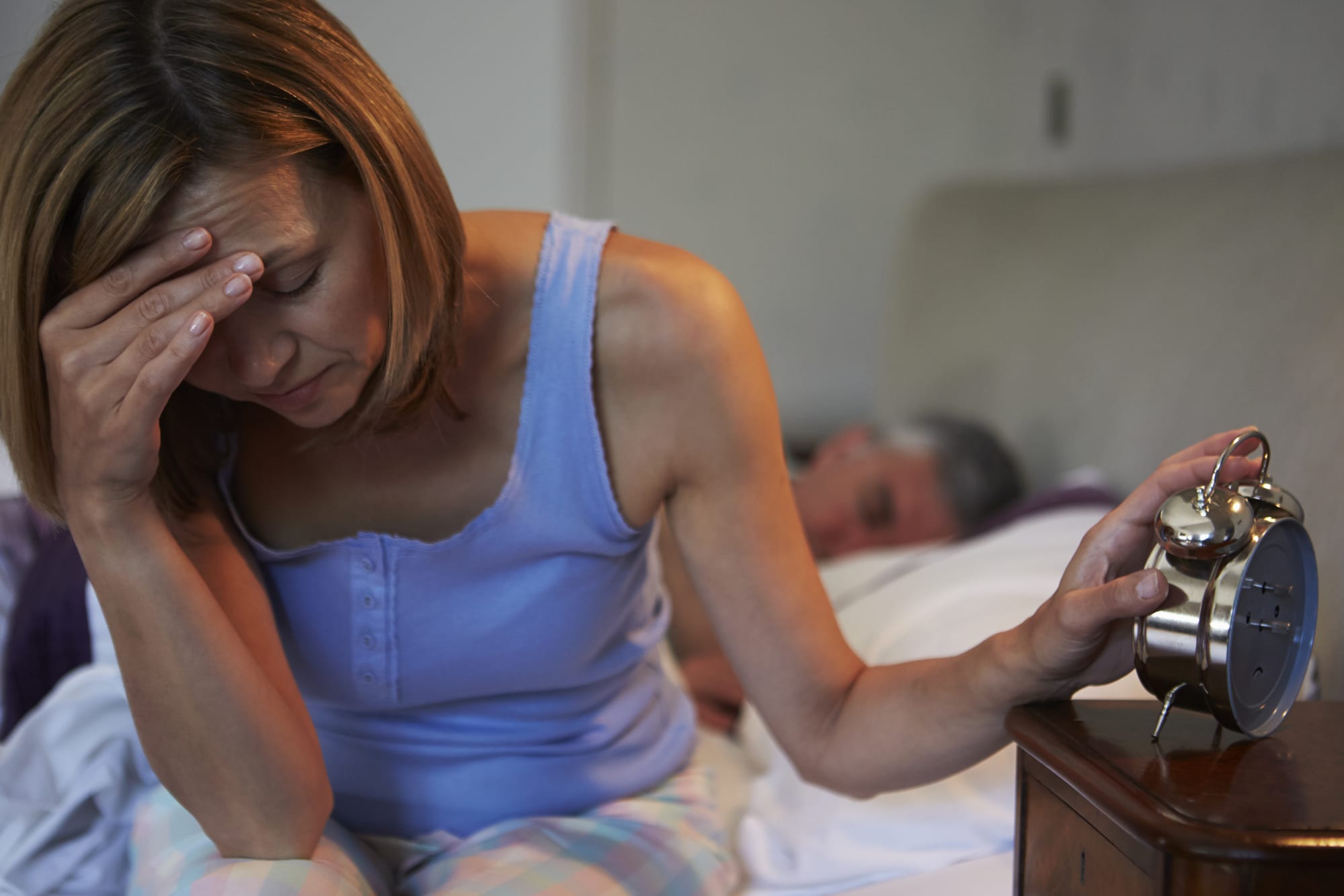Have you ever been caught in the cycle of not being able to sleep … and then feeling anxious about sleeping … and then finding it harder to sleep? Recent studies have shown that individuals have a 30% increase in anxiety levels after a sleepless night as compared to enjoying a full night of sleep.
In this article by Andrea Pisani Babich, we will take a look at how your brain responds to sleep loss and what you can do to break the cycle of sleep and anxiety. Full article
Poor sleep and high anxiety work in tandem to undermine your health and well-being. You don’t need me to tell you that your relentless worrying and uncontrollable anxiety are keeping you awake. Night after night you toss and turn, your mind racing with endless lists of tasks that you have no hope of ever completing, fears about worst possible outcomes, and generalized anxiety about past, current, and future scenarios.
You’re not alone. More than a third of Americans report getting less than their recommended seven to nine hours of sleep, many of them losing sleep to stress and anxiety. Read more
Ensuring you are getting quality sleep is such an important part of self-care and at times we will need to realign our bedtime routines and review the things we may be doing that can stimulate our brains instead of relaxing them in preparation for sleep. This can be an important coaching conversation to have with clients! For more information on our coaching programs visit https://www.recoverycoachtraining.com/professional-recovery-coaching-programs/
